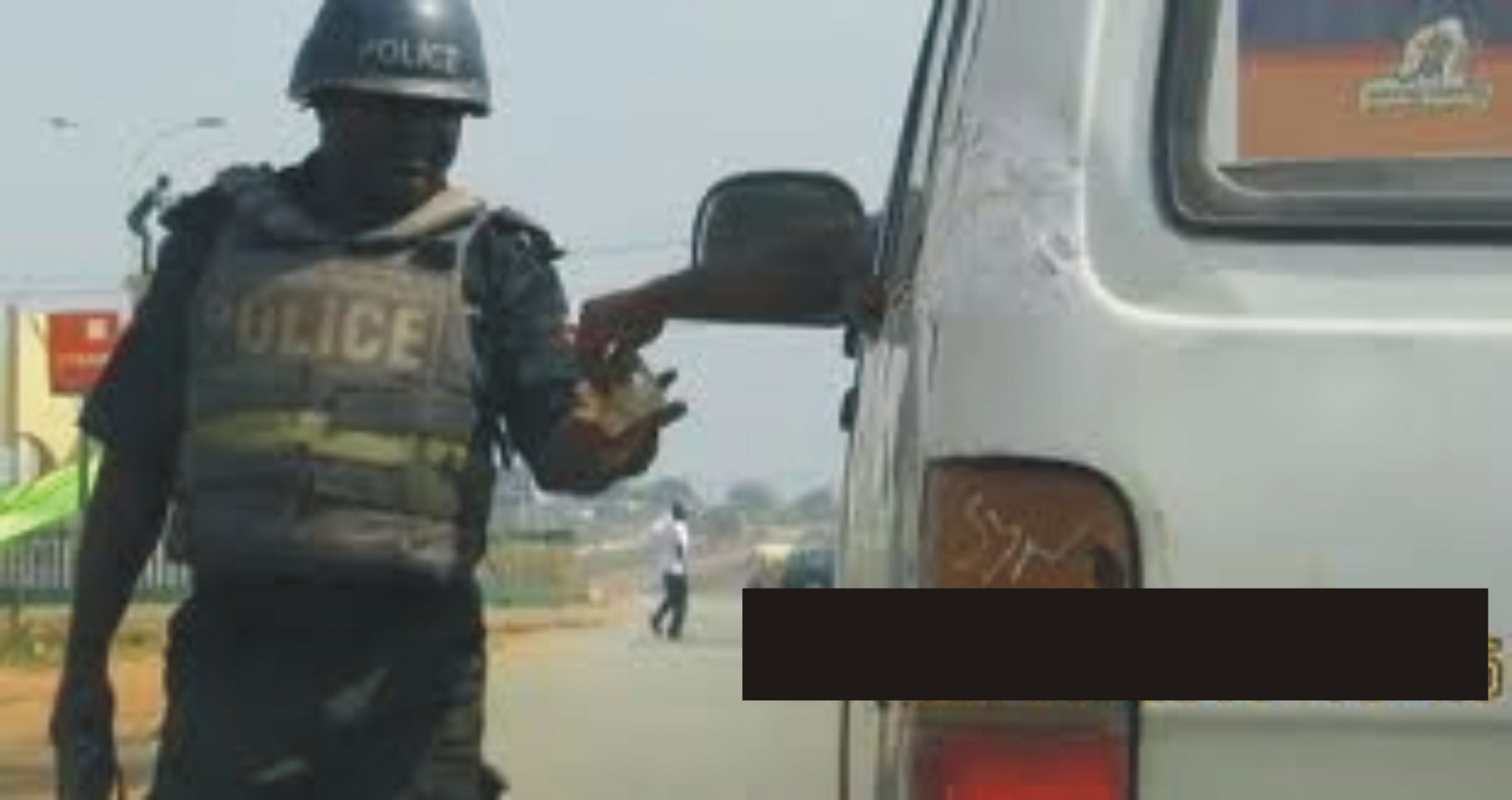Petty Bribery Has Reduced In Nigeria-NBS Survey
A survey carried out by the National Bureau of Statistics (NBS), has revealed that the incidence of bribery in Nigeria has reduced, and down to 30.2 percent in 2019, compared to 32.3 percent in 2016.
This was presented during the 17th Anti-Corruption Situation Room (ACSR), organised by the HEDA Resource Centre, themed; “Corruption in Nigeria: Patterns and trends; A review of UNODC’s second survey on corruption in Nigeria 2019.”
National Consultant, UNODC, Adebusuyi Adeniran, noted that the survey was a follow up on the first research in 2016, to measure changes that had occurred during the three-year period.
He added that prior to the survey; it was observed that Nigerians paid an average of one bribe in every two months.
The research, which was carried out with the aid of United Nations Office on Drugs and Crime (UNODC), showed that 60 percent of bribes were paid after a direct request in contrast to 2016, with 66 percent, and 67 percent bribes were given before the public official provides the “service” to the citizen.
The report however noted that the frequency of bribery has not reduced, as 117 million bribes were paid within 12 months prior to the survey, adding that more bribes were paid to speed up a process and to avoid fines.
It also reported that one in every five Nigerian refused to pay when confronted with a bribe request at 19 percent over 16 percent in 2016.
Bribes paid to two types of public officials accounted for more than half of all bribes at 55 percent. The officials included police officers and public utility officers, even as it noted some improvement with police recording 33 percent in 2019 over 46 percent in 2016.
While men are more likely to pay bribes than women, the report however noted a decline in reportage of corruption with 0.1 percent, as 2019 had 3.6 percent and 2016, 3.7 percent. The research added that 43 percent of such cases were reported to the police, eight percent to anti-corruption, and others to institutions.
States with the lowest prevalence were Imo 17.6 %, Jigawa 18.5%, Kano 18.9%, Plateau 20.6%, while the highest were Kogi 48%, Gombe 45%, Rivers 43%, and Adamawa 41%.
Furthermore, 32 percent of job applicants paid bribe to secure the jobs in the past three years. Around 50 percent either had help from family and friends or paid a bribe.
Also, one out of five Nigerians were offered something in exchange for their vote.
The report suggested that interface with public officials should be minimised, as officials with the highest rate are usually the most to be interacted with.
It also suggested procedures to establish objective recruitment criteria. Increase in education may be useful in the fight against corruption, as the report shows that well-educated people gave fewer bribes.
Programme Manager, HEDA, Sina Odugbemi, noted that forum sought to gather stakeholders to access the issue of corruption and provide resources for government agencies to use for their profit.
Chairman, of the occasion, Prof. Shehu Abdullahi, advised the firm to device means to empower the civil society to demand for accountability, and set up platforms to measure progress.
He stressed that aside the anti-corruption agencies, the National Orientation Agency (NOA), is an important catalyst in fighting corruption, as it is the agency to raise awareness and sensitises Nigerians.
He identified dearth of data as a major challenge, as the available ones are inconsistent and uncoordinated, adding that without imperial data, we cannot establish evidence.
He added “Nigerians should develop confidence on its institution and not wait for an international firm to give us credit. We must draw the line between objectivity and bias.
“We need to set aside elements that would bring down the country; they are religious bias, ethnicity, and regionalism.”
Director, National Orientation Agency, Lagos, Waidi Shola, argued added that if Nigerians imbibed the core values as provided by the Constitution, we automatically fight against corruption.




